ECU health sciences students named to newest cohort of N.C. Schweitzer Fellows
Nine East Carolina University Health Sciences students — three in the School of Dental Medicine and six in the Brody School of Medicine — have been named to the 2024-25 class of the North Carolina Albert Schweitzer Fellowship (NCASF).
The students, part of a group of 29 Fellows from across the state, will spend the next year learning to effectively address the social factors that impact health as they develop lifelong leadership skills. This year’s class has a total of 29 N.C. students from medicine, dentistry, nursing, occupational therapy and business.
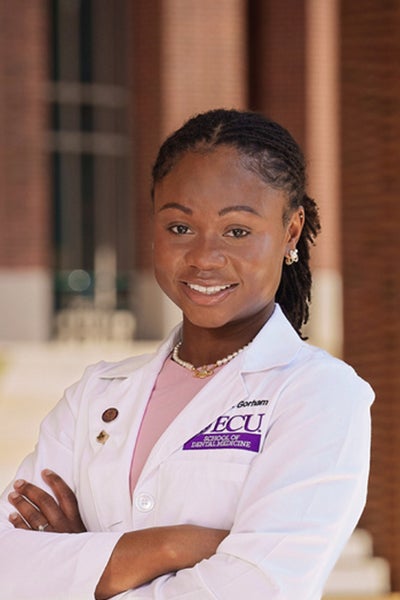
Kayla Gorham
ECU’s members of the cohort include Baldwin Bell, Kayla Gorham and Maya Grimes from the School of Dental Medicine and Kristen Armel, Taylor Stamey, Myna Tirupattur, Carlyn Uhlir, Aliyah Young and Mohsen Zakaib from the Brody School of Medicine.
“Schweitzer Fellows are not given a project or told to address a specific health need,” said Barbara Heffner, executive director of the N.C. Albert Schweitzer Fellowship. “They follow their passion and the needs of the community to develop innovative approaches which fill gaps in our health care system.”
With service as part of both the ECU dental and medical schools, students from each school traditionally complete or contribute to programs across the community that enrich the lives of patients and people across their focus programs. Schweitzer Fellows develop and implement service projects that address the root causes of health disparities in under-resourced communities, while also fulfilling their academic responsibilities. Each project is implemented in collaboration with a community-based organization.
Gorham, a BCBSNC Foundation Schweitzer Fellow, will launch a Baby Oral Health Program to connect infants under one year old to a dental home. She will work under mentors Dr. Taneet Ghuman and Dr. Mark Moss, and her project sites will be ECU Health pediatrics and ECU pediatric dentistry.
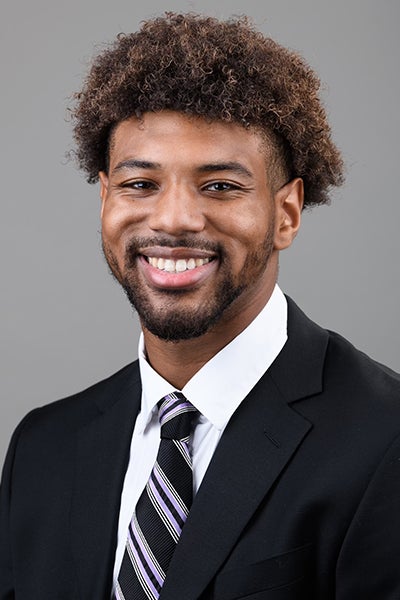
Baldwin Bell
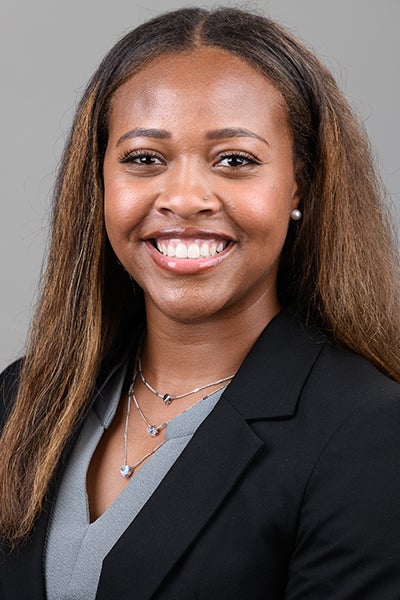
Maya Grimes
Bell and Grimes will lead a mouthguard project providing oral health education and free custom-made mouthguards to middle school athletes. They will work with Wellcome and A.B. Aycock middle schools under the mentorship of Drs. Taneet Ghuman and Luis Sensi and site mentors Kendrick Parker and J.P. Harrel.
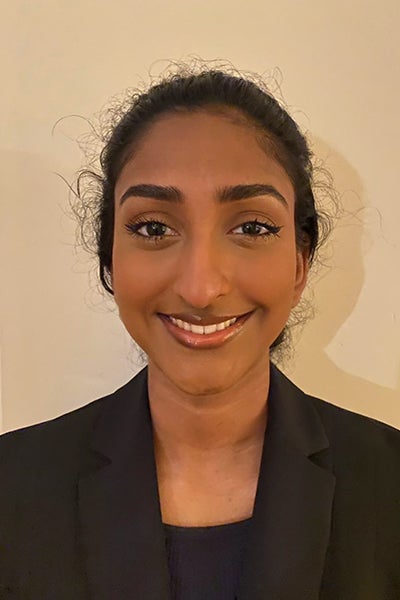
Myna Tirupattur
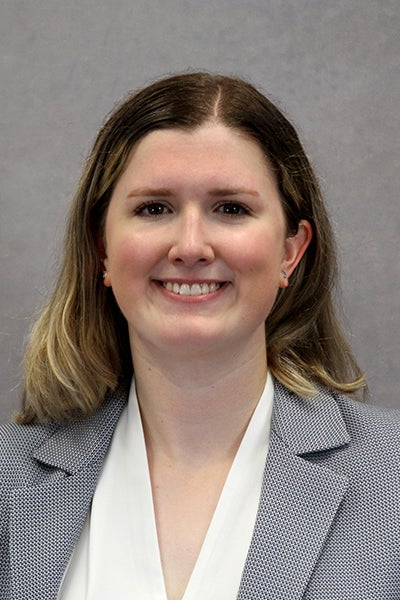
Carlyn Uhlir
Tirupattur and Uhlir will address the fall prevention needs of older adults by providing fall and environmental risk assessments, conducting personalized counseling sessions and leading Matter of Balance classes. Their sites include the Pitt County Council on Aging and the ECU Department of Family Medicine’s geriatric division. Their mentors include Dr. Cedric Bright and Candice Borunda.
Uhlir, who has a postgraduate degree in gerontology, said the opportunity to be a fellow and complete her project will allow her to explore caring for patients across life chapters.
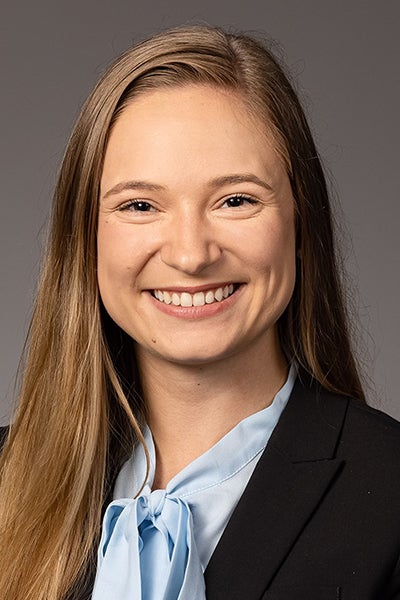
Kristen Armel
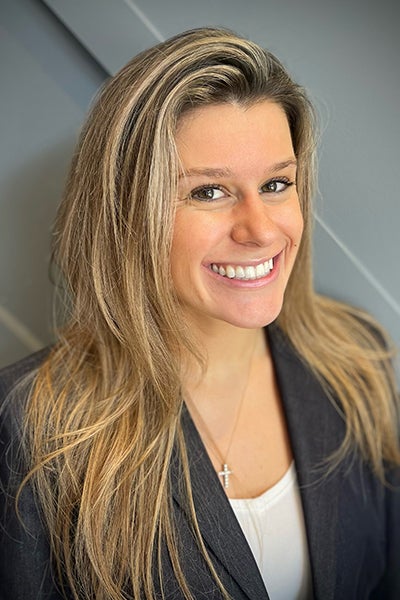
Taylor Stamey
Armel and Stamey will develop a medical respite and employability program for people experiencing homelessness. They will work through the Community Crossroads Center under the mentorship of Drs. David Collier and Janet Moye.
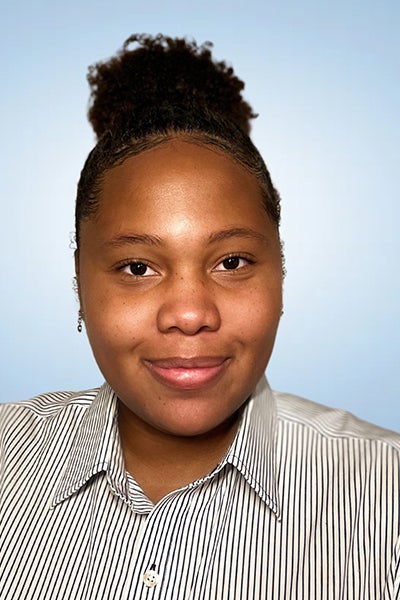
Aliyah Young
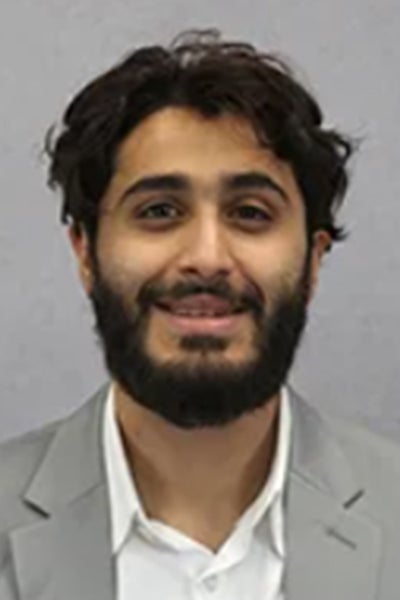
Mohsen Zakaib
Young and Zakaib will provide workshops to improve the health literacy of Syrian and Colombian refugee families. They will work through the Interfaith Refugee Ministry and Islamic Association of Eastern North Carolina and Islamic Association of Eastern North Carolina under the mentorship of Dr. Brandon Kyle, Susan Husson and Mohammad Shams.
The NC Schweitzer Fellowship is funded through the BlueCross and BlueShield of North Carolina Foundation, Delta Dental of North Carolina, Duke University School of Medicine, ECU Brody School of Medicine, ECU Health, North Carolina AHEC, North Carolina Central University School of Graduate Studies, University of North Carolina School of Medicine, North Carolina Oral Health Collaborative, Wake Forest University Health Sciences and individual donors.
NCASF began in 1994 as a local chapter of the national nonprofit, the Albert Schweitzer Fellowship, and has trained more than 634 leaders in health care. Nationally, more than 4,000 U.S Schweitzer Fellows served individuals and communities in need and are continuing to shape health care policy and provide direct service. There are 13 active U.S. programs that select more than 200 fellows across the country each year.